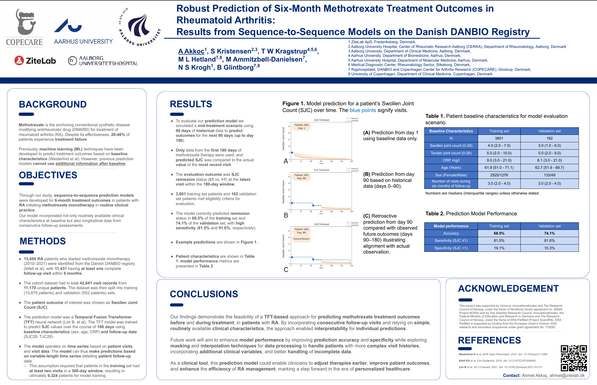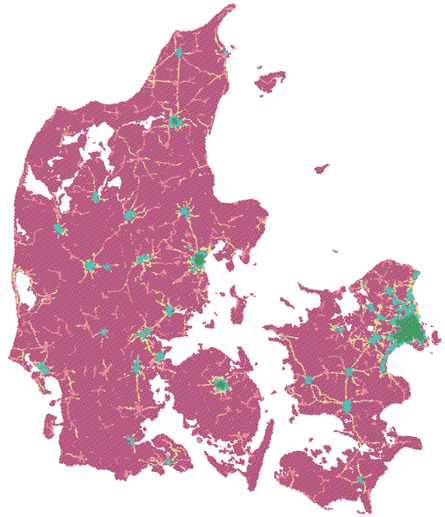👀Looking into the future! 📈 Just wanted to share our patient outcome prediction model which we presented at EULAR 2025.
We have designed a #forecasting #model that can follow a patient's swollen joint count over time and estimate if their
condition will improve or worsen.
ZiteLab #pytorch #sktime #opensource #personalizedmedicine #ai #ml #timeseries #rheumatology
(1/2)



